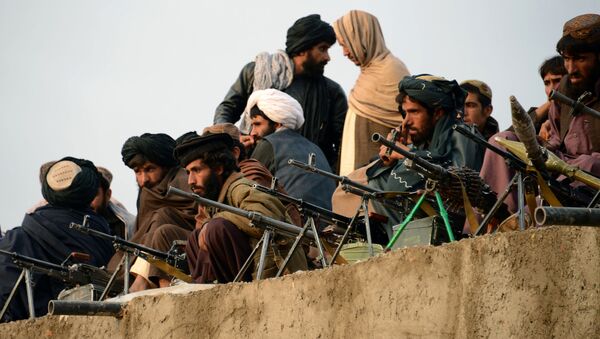"Our viewpoint was that you (NATO and ISAF [NATO-led International Security Assistance Force]) have been fighting for the last 15 years but could not bring peace, now dialogue remains the only option, even if the Taliban cannot occupy Afghanistan they can still continue the fight for years to come," Sartaj Aziz said, as quoted by the Dawn newspaper.
The official added that Islamabad could use its influence to bring Taliban to the negotiating table but expected Kabul to strengthen its ground positions and offer Taliban "something which they cannot gain on the battlefield."
Islamabad hosted the latest round of talks of the Quadrilateral Coordination Group of Afghanistan, Pakistan, the United States and China on the Afghan conflict settlement on May 18. Several days later, Taliban leader Mullah Mansour was killed as a result of a US drone strike in Pakistan. Islamabad condemned the move, arguing the death of Taliban's leader aggravated the peace process.



